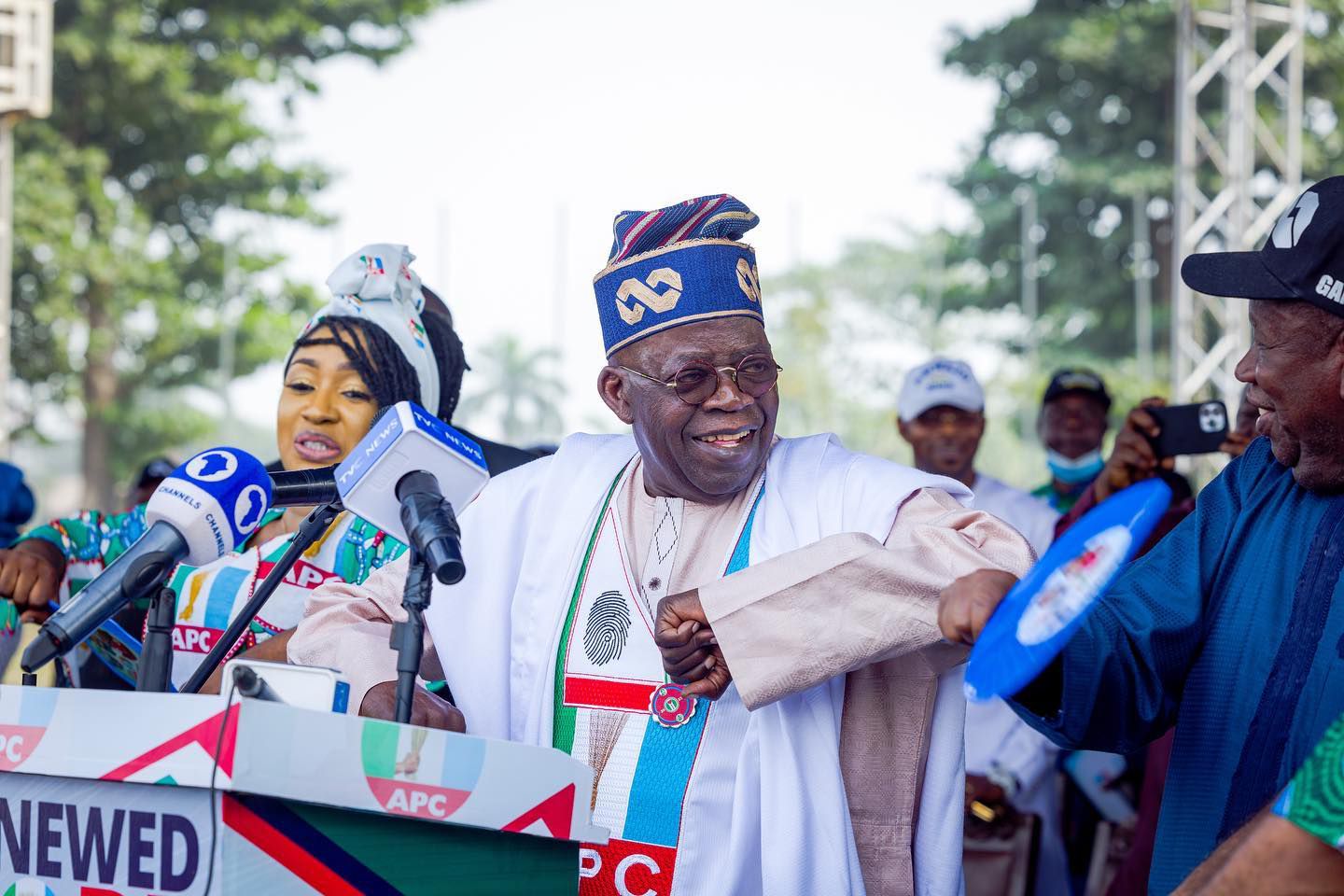Nigeria has successfully collected over ₦600 billion in Value Added Tax (VAT) from international digital service providers, including Facebook, Amazon, and Netflix, following amendments to the VAT Act that brought non-resident companies into the country’s tax net.
The Special Adviser on Tax Policy to the Chairman of the Tax Reforms Committee, Mr Mathew Osanekwu, disclosed this on Wednesday, September 10, at a workshop for media practitioners in Abuja.
He explained that foreign firms now pay VAT under Section 10 of the Act and act as registered collection agents in Nigeria.
“These are not Nigerian entities, but they are now paying VAT under Section 10 of the VAT Act. They are registered in Nigeria and are also appointed as agents of collection,” Osanekwu stated.
He described the measure as one that aligns with global best practices, ensuring Nigeria benefits from taxes on services consumed locally but delivered by foreign companies.
No New Taxes, FG Clarifies
At the same event, the Federal Government sought to alleviate public concerns about new levies, clarifying that President Bola Tinubu’s fiscal and tax reforms have not introduced any new taxes.
Professor Taiwo Oyedele, Chairman of the Presidential Committee on Fiscal Policy and Tax Reforms, stated that the administration’s reforms were designed to alleviate the burden on low- and middle-income earners while promoting equity and fairness.
“It’s not a new tax. Some said the tax is being proposed. The tax is not being proposed. Some believe this president has introduced tax after tax, and I challenge them to point to one newly introduced tax,” Oyedele said.
He recalled that in July 2023, barely two months after taking office, President Tinubu signed four executive orders suspending taxes imposed in the closing days of the Buhari administration, including excise duties on plastic items and vehicle imports.
“Many of us are not even aware because this president did not allow those taxes to take effect. They were suspended and eventually removed,” Oyedele stressed, adding that the much-debated Cybersecurity Levy was legislated years earlier and not a creation of the Tinubu government.
Progressive Reform for a Fragile Economy
The reforms, scheduled to take effect from January 2026, aim to overhaul Nigeria’s fragile tax system, broaden the revenue base, and improve compliance. Nigeria’s tax-to-GDP ratio is currently 10.8 percent, one of the lowest globally and below Africa’s average of 16 percent.
According to Oyedele, the reforms will consolidate multiple taxes, eliminate overlaps, and ensure levies are transparently linked to projects.
He highlighted that Nigerians earning less than ₦800,000 annually will pay no personal income tax, while small businesses with an annual turnover below ₦100 million will face a zero percent corporate tax rate.
“This reform is the most progressive Nigeria has ever seen. It eliminates taxes on the poor, reduces the burden on the middle class, and targets higher-income earners fairly,” he said.
However, Oyedele painted a grim picture of Nigeria’s economy as of May 2023, describing it as “on the verge of collapse.”
He noted that foreign reserves were weighed down by subsidy debts and crude pre-sales, leaving the fiscal system “running on fumes.”
He warned that continued subsidy financing through crude-backed loans would have led to a total shutdown of fuel imports, similar to the crisis in Sri Lanka.
“People may ask whether life is better now than it was two years ago. The right question is: would life have been better today if those reforms hadn’t happened?” Oyedele asked.
>
